Remember that Coke vs. Pepsi scandal? We screwed up, as humans we strive to create, but fail to consume with caution.
In an essay sent out on social media (which has now been deleted), it stated the CEO of Coca Cola, James Quincey, administered a mass deportation of their workers in kahoots with ICE.
These rumors about Coca-Cola allegedly deporting its workers raised significant concerns regarding corporate and labor rights. People were not deciphering fiction from reality, as a majority of this information was coming from unreliable sources, such as TikTok.
I was conflicted as I believed this information. Coca-cola has a large influence and if they were making a statement about immigration rights, I was quick to judge them before conducting proper research.
In the beginning of February, one video in particular created on TikTok by a notable attorney for Coca-Cola, Trang Tran, shared information that suggested that a Coca Cola location in Texas deported its Latino workers in cooperation with ICE. In turn, a mass boycott against Coca-Cola commenced and Pepsi flew off of shelves.
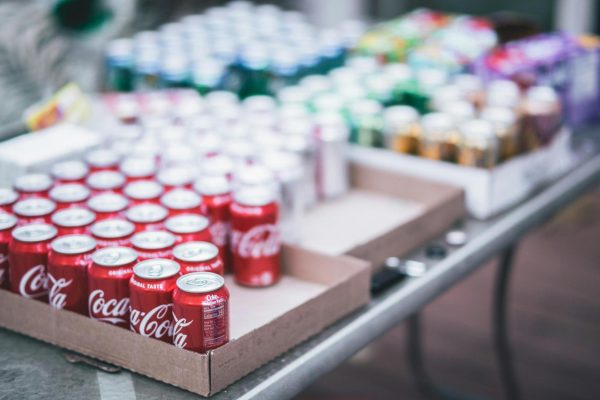
As of recent debate and update, many different sources have been pointing into the direction that this had been a “fabricated issue,” and “untrue,” following false claims and AI generated material. Fact checkers on social media platforms, content creators, as well as a spokesperson for Coca-Cola stated, “We can confirm that the accusations against the Coca-Cola Company are false.”
AP Human Geography teacher Mr. McWhorter has stated, “…as a fact check there is no evidence that Coke deported immigrant workers.”
This leads us to question the content that we as viewers take in on social media.
A situation such as this is so quickly taken to mainstream media and reposted without a second thought. What content do we take in as true or false, what does this content mean to us, how do we use it, as well as its effects on the people and public?
It is our moral responsibility as consumers and creators to be more critical of the information we receive and share as fact. What happened to the “trust but verify”? Are we verifying? If not, why not? It is important to understand how this impacts our understanding of fact v.s. fiction.


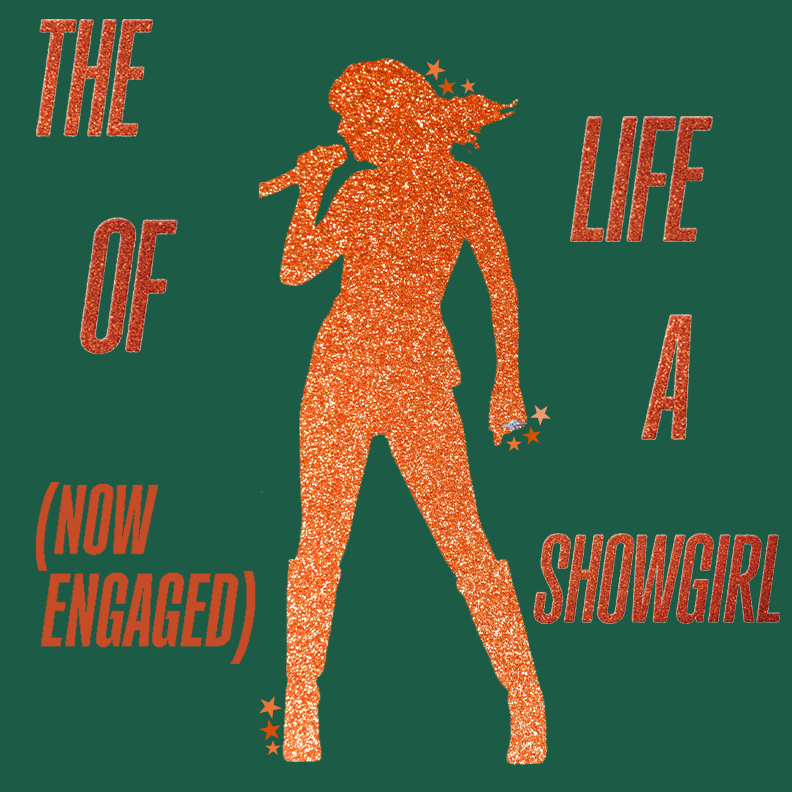
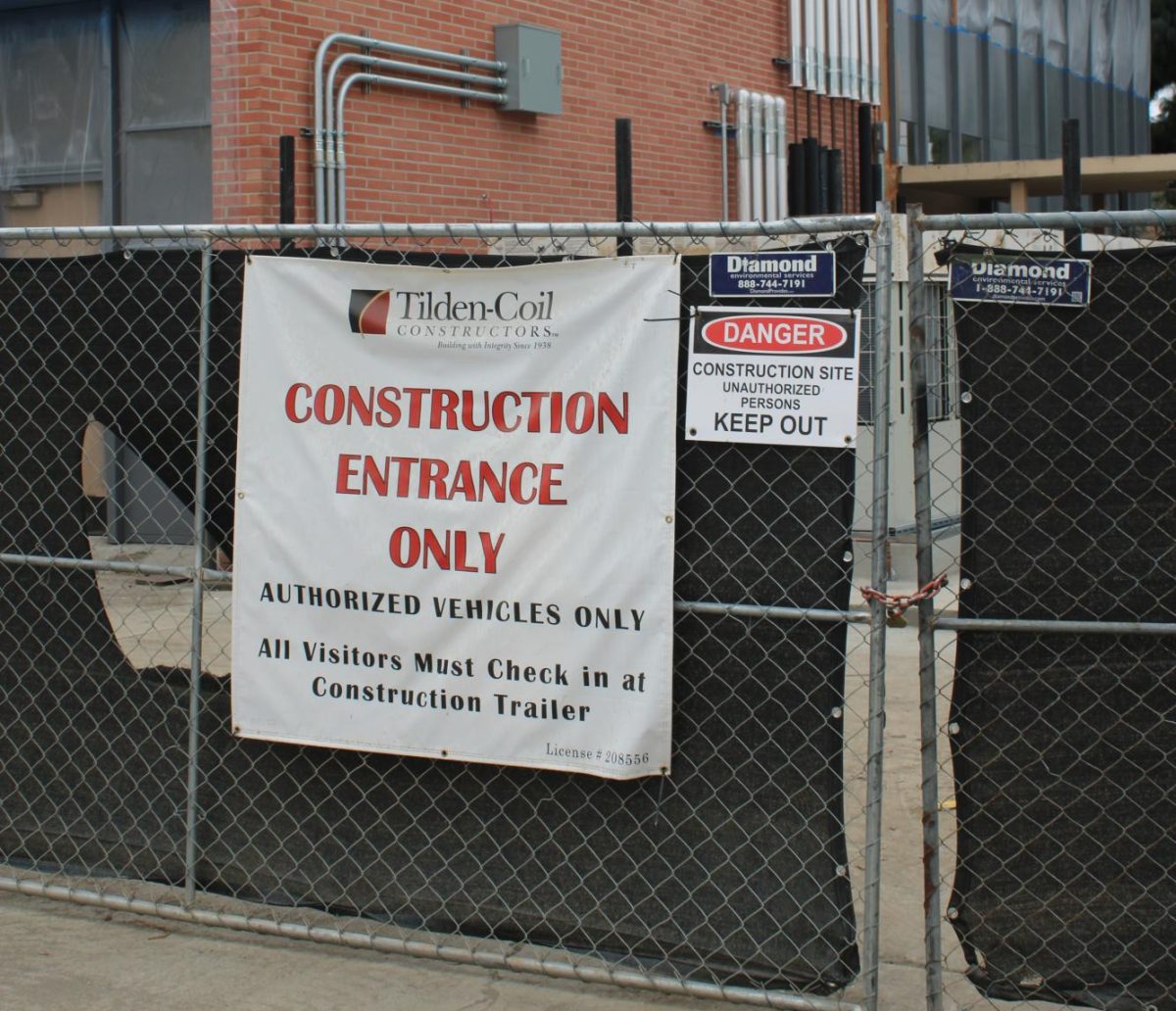
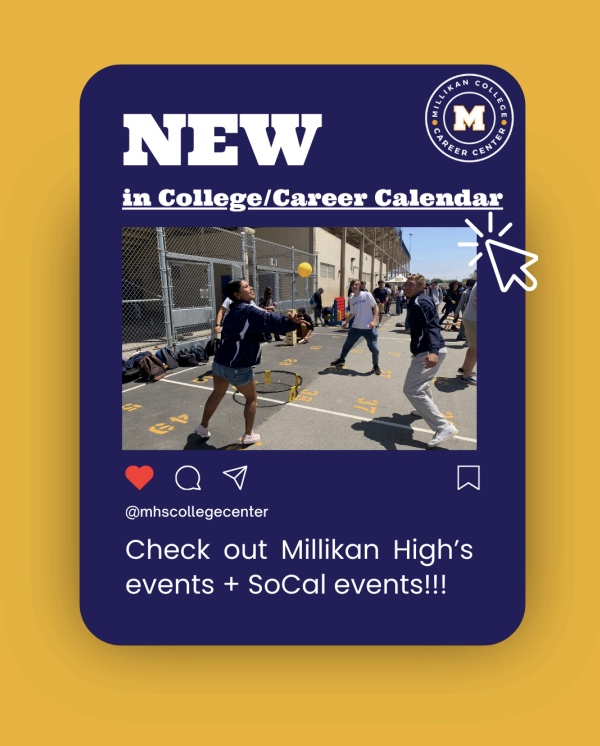
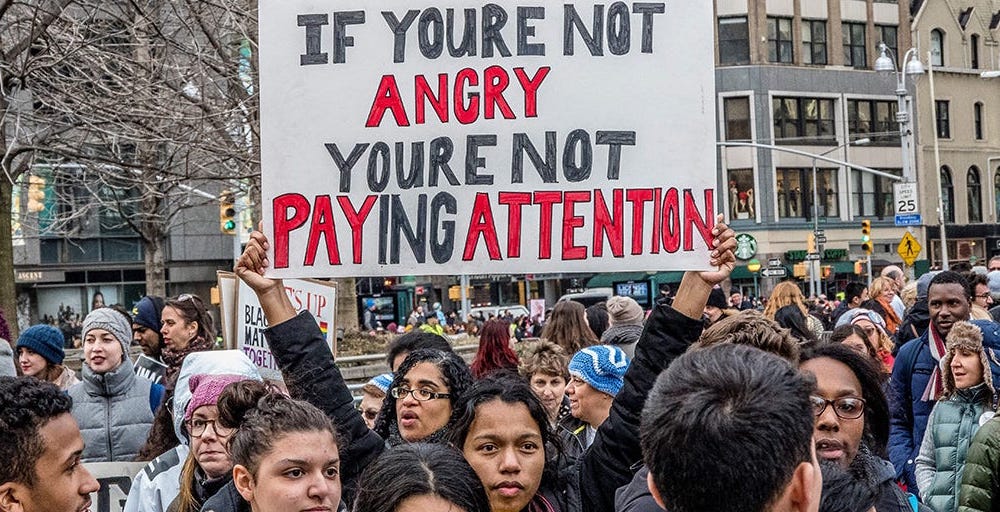

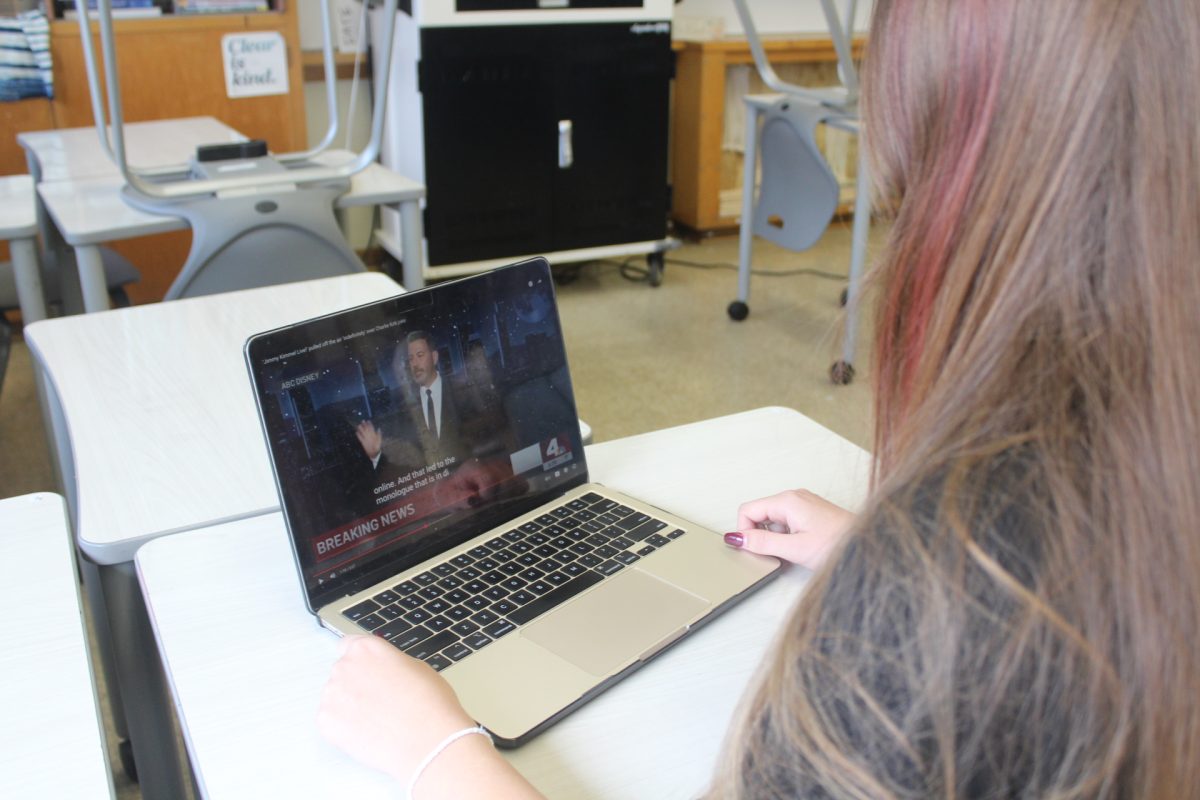
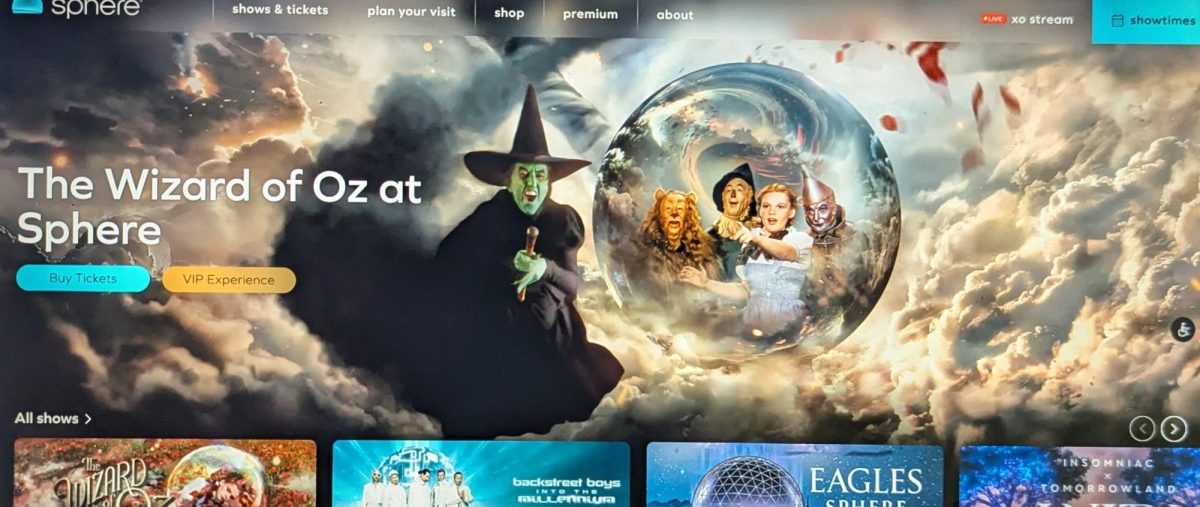
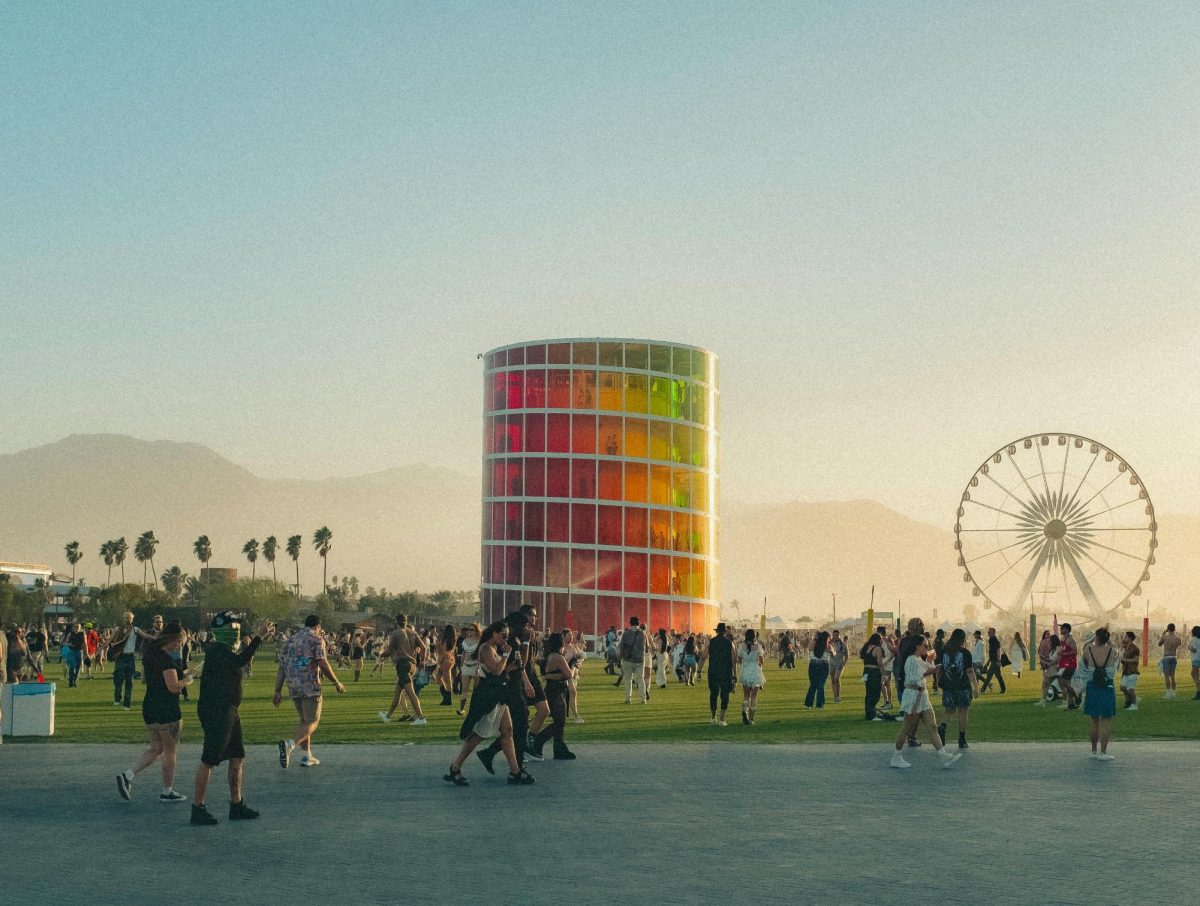
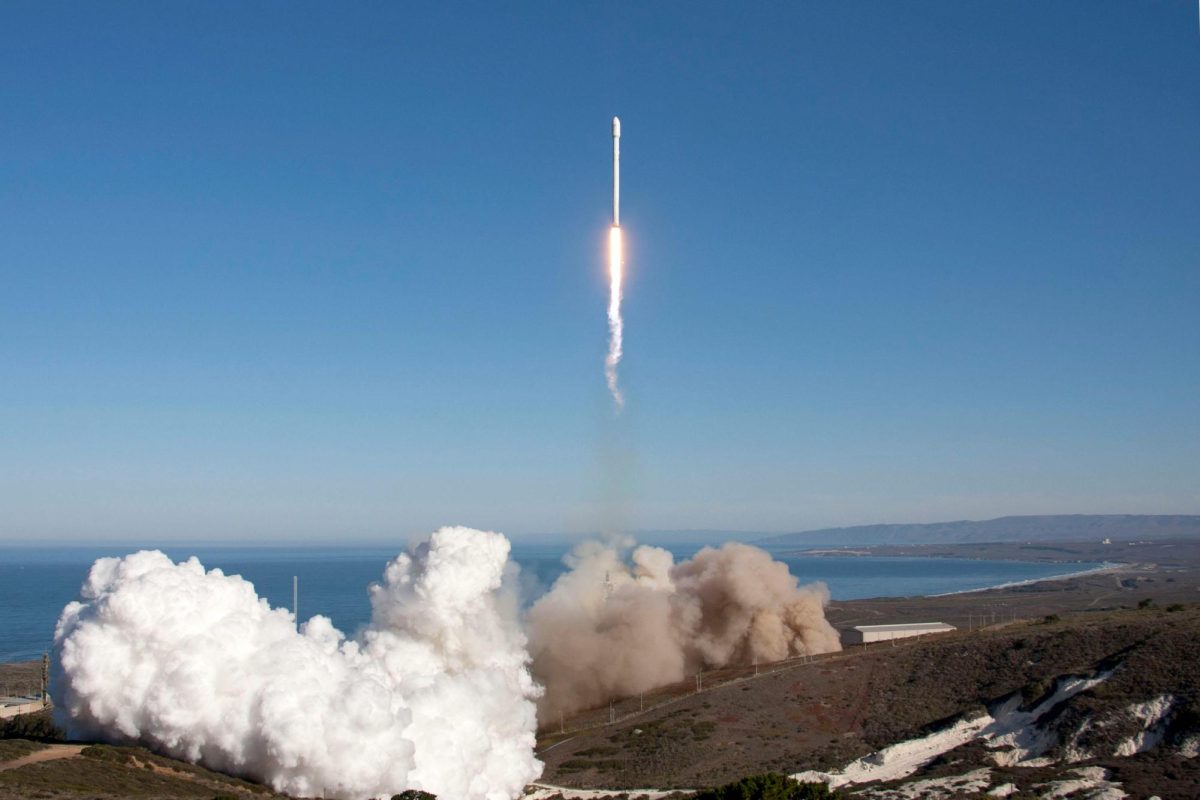
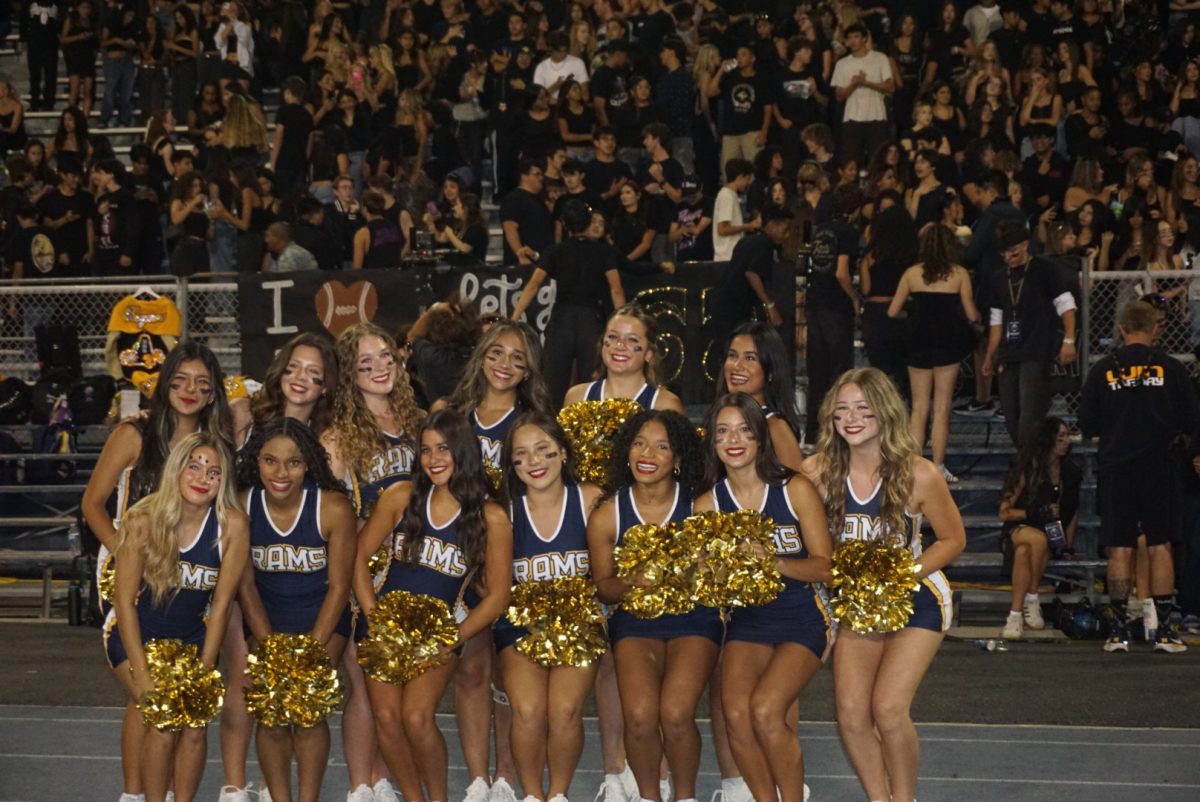
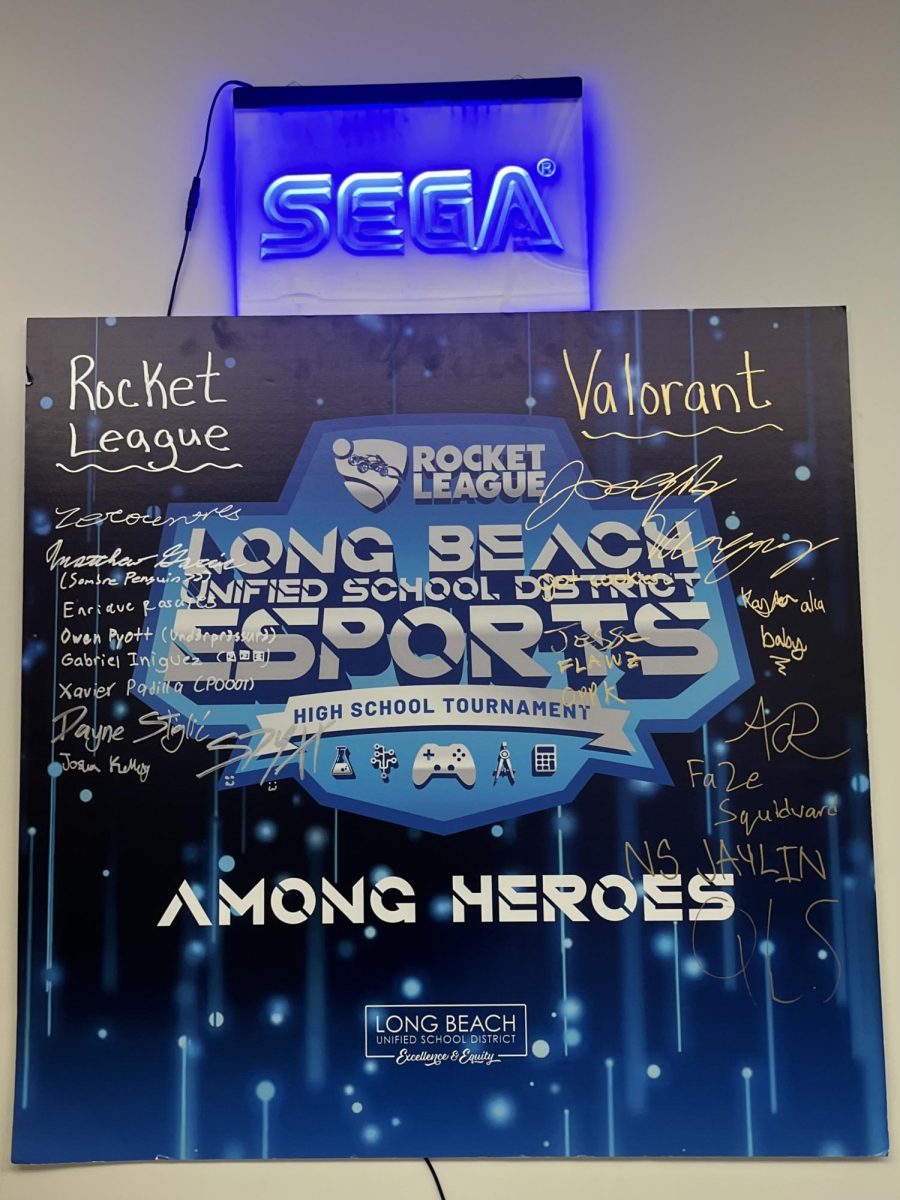
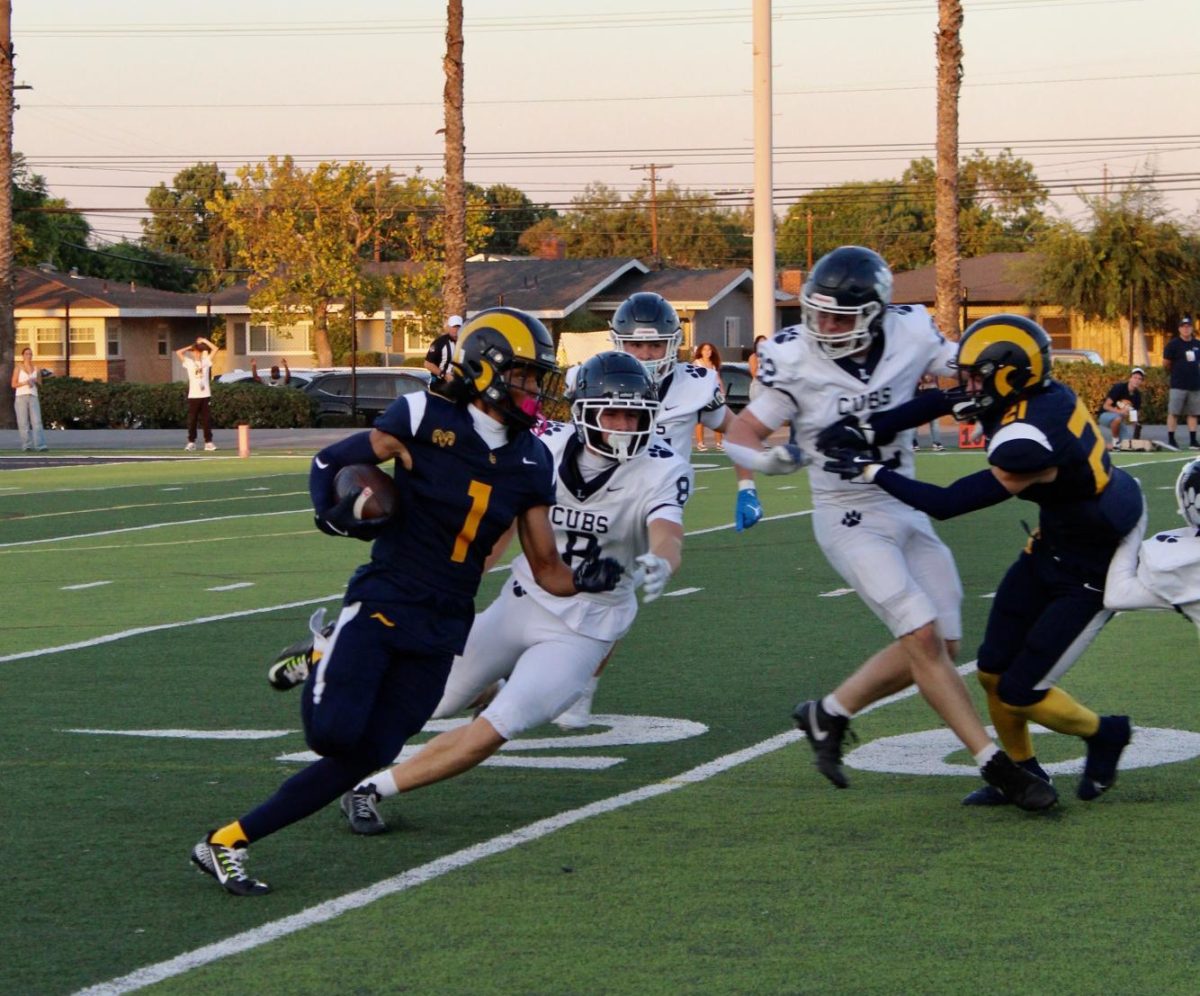



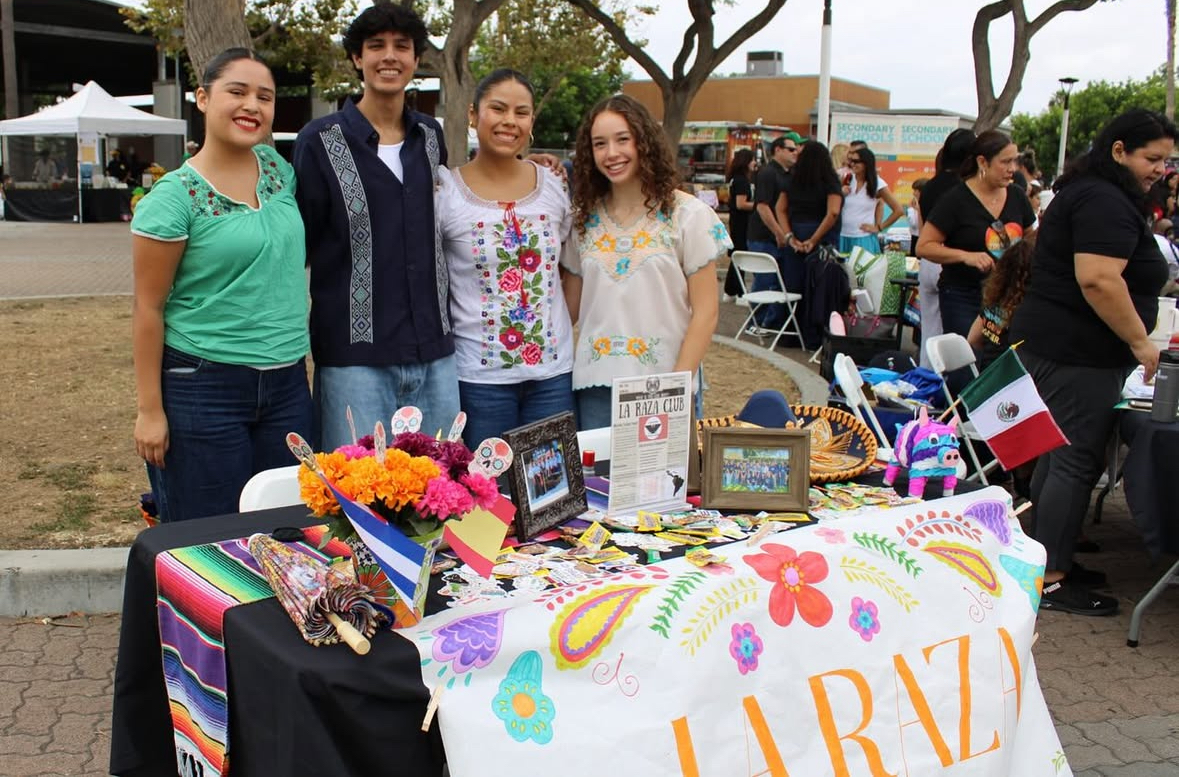


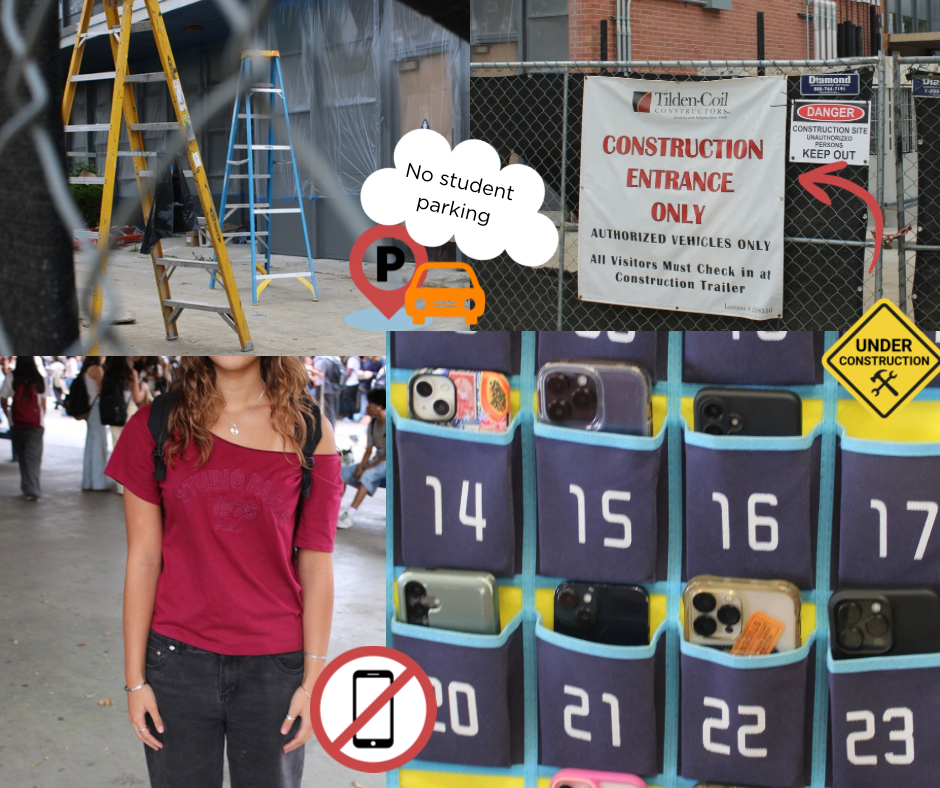
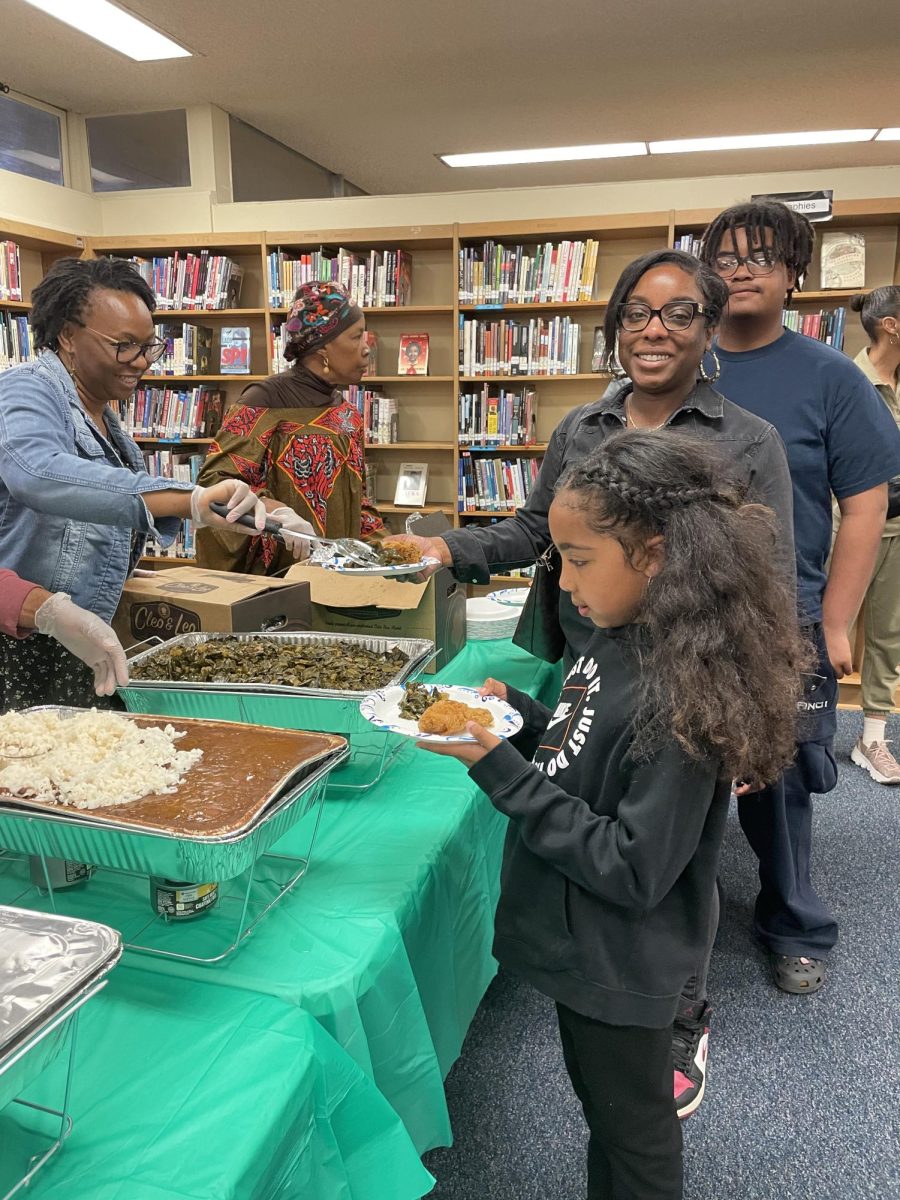
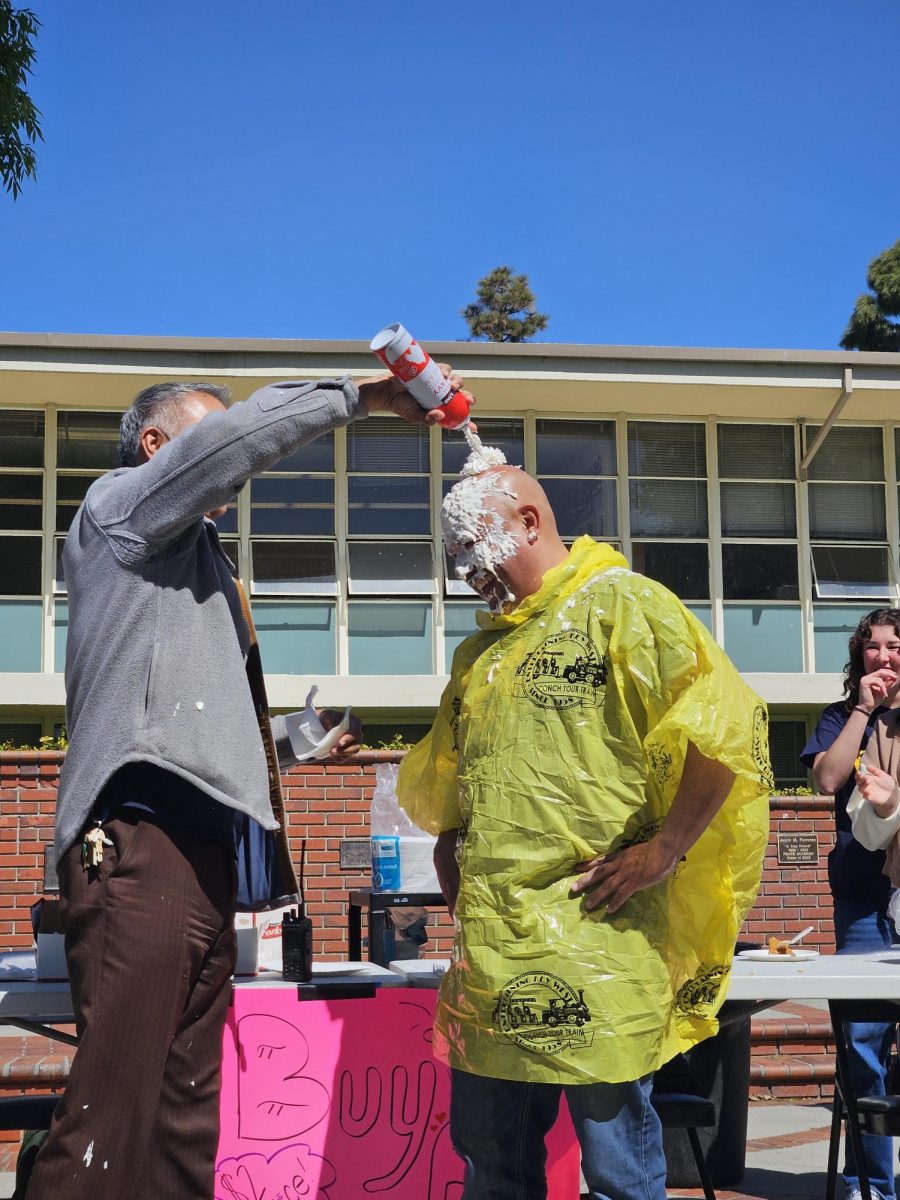
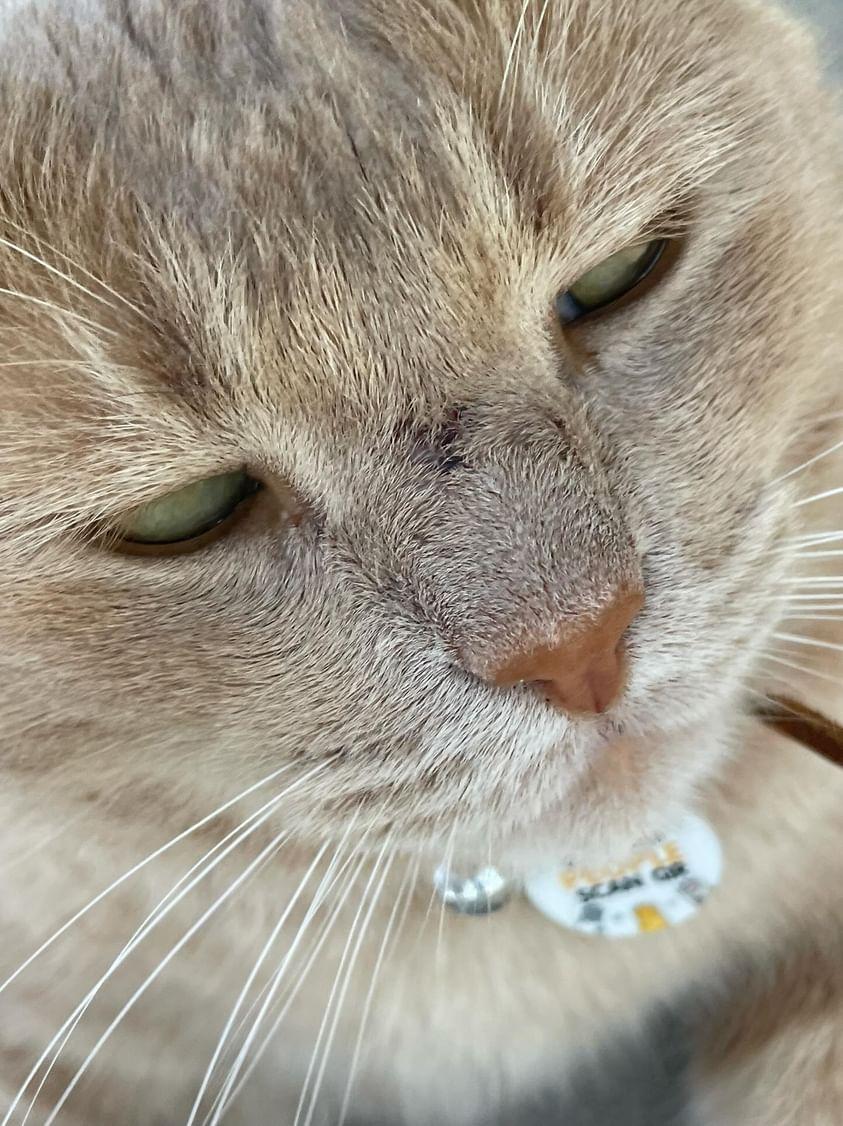

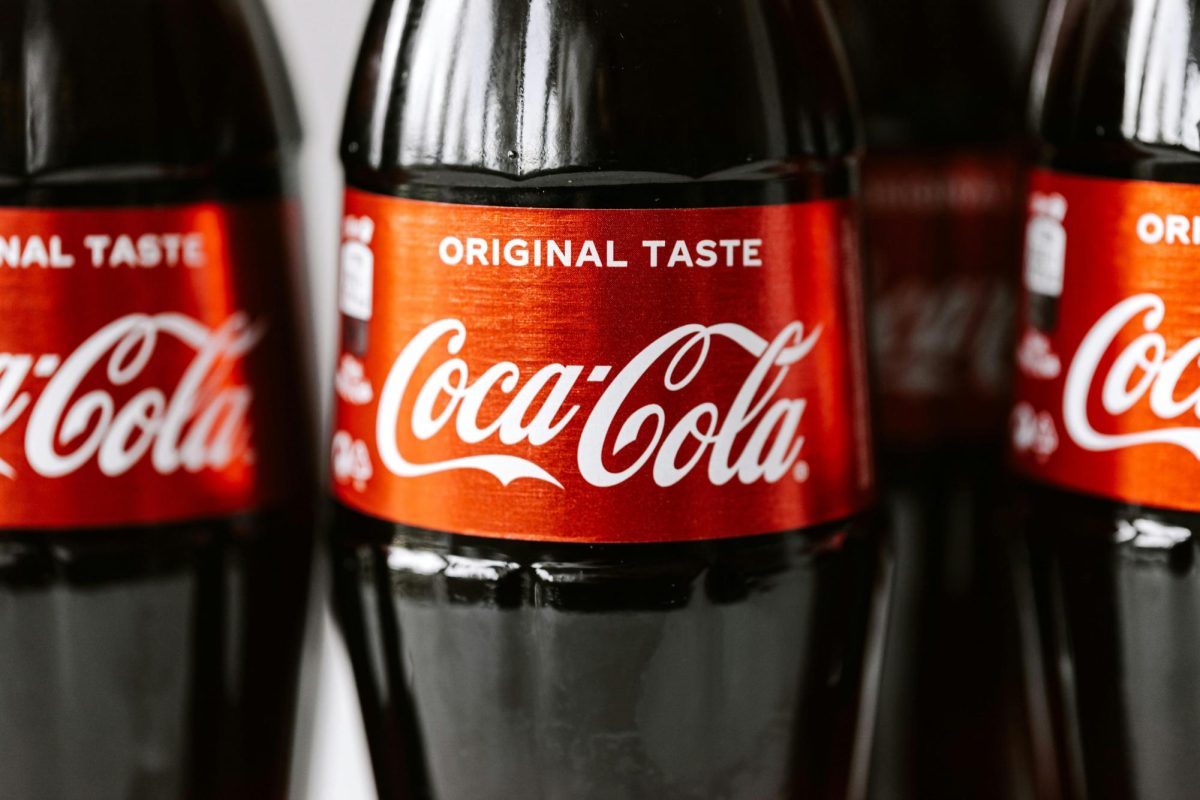
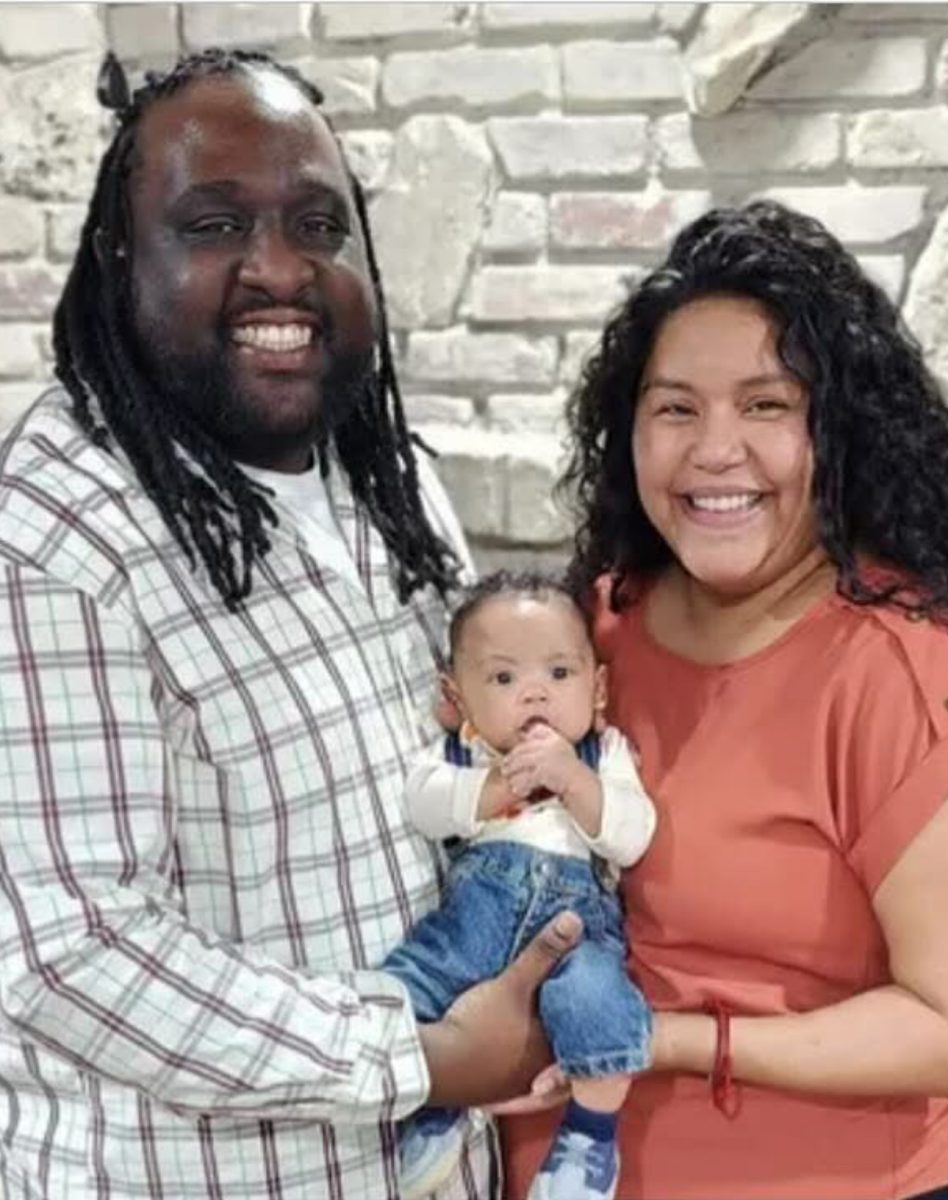


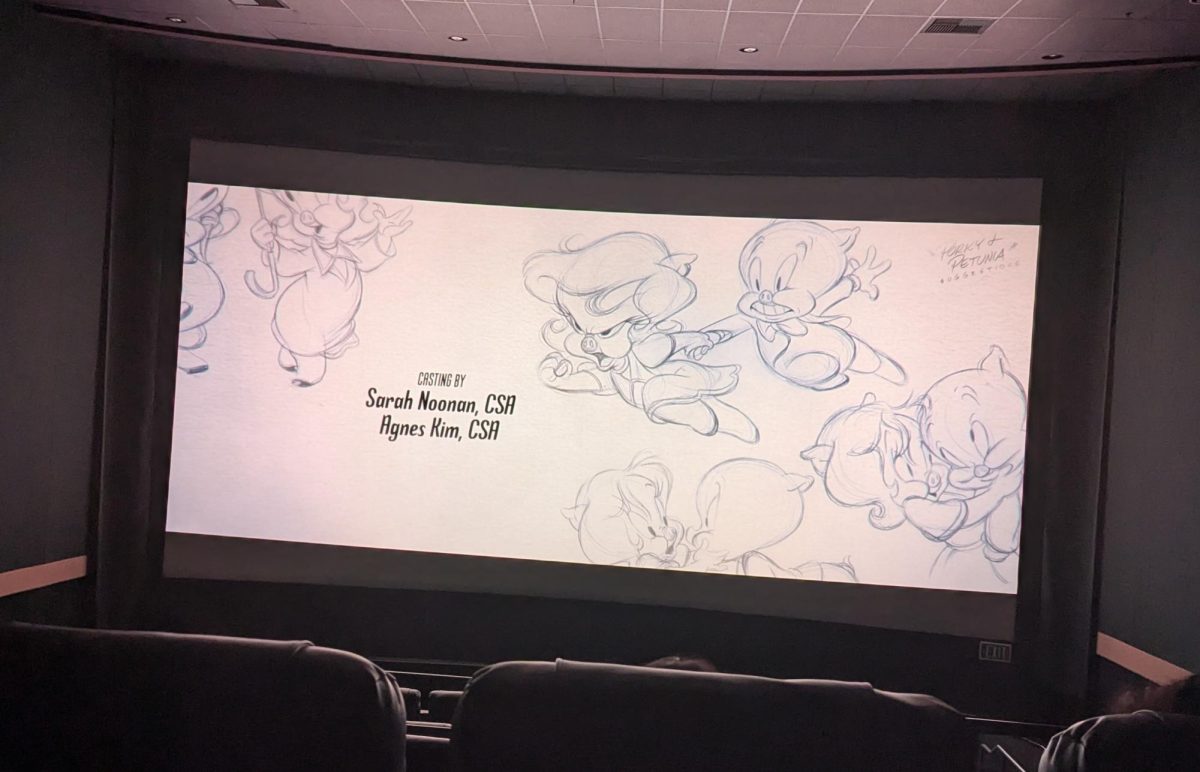
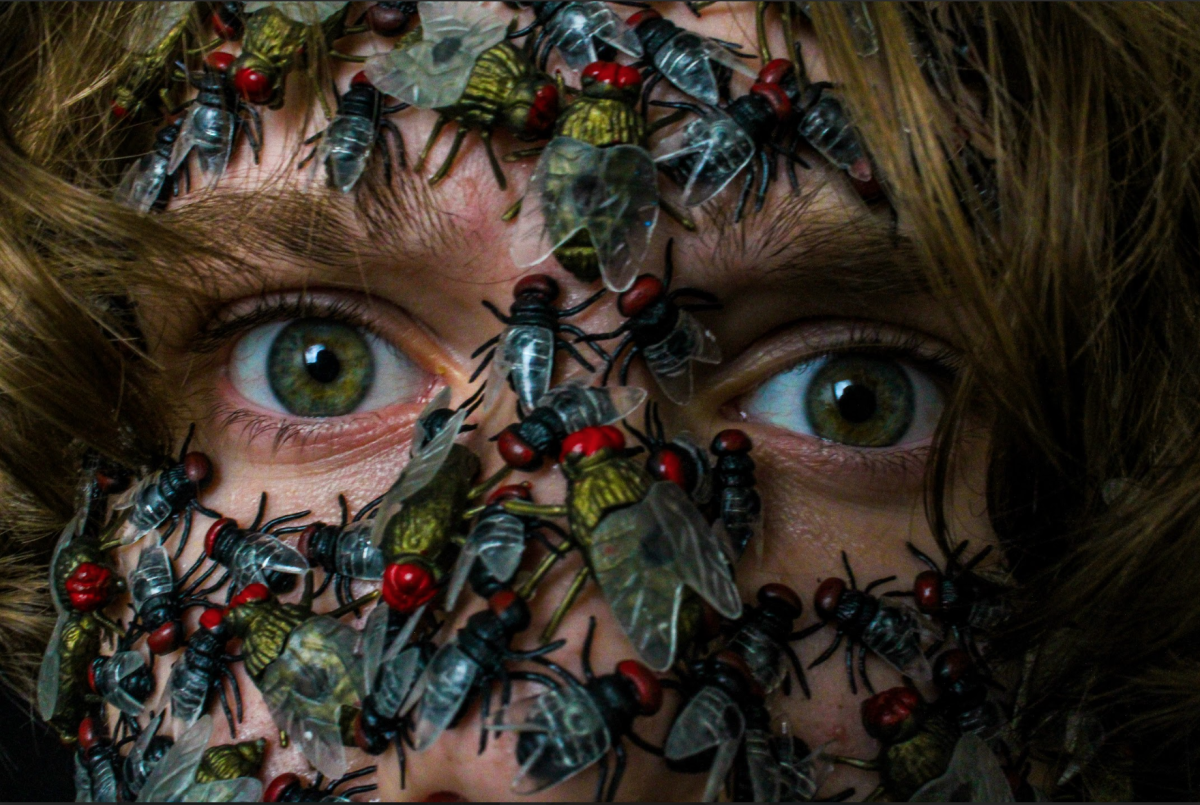
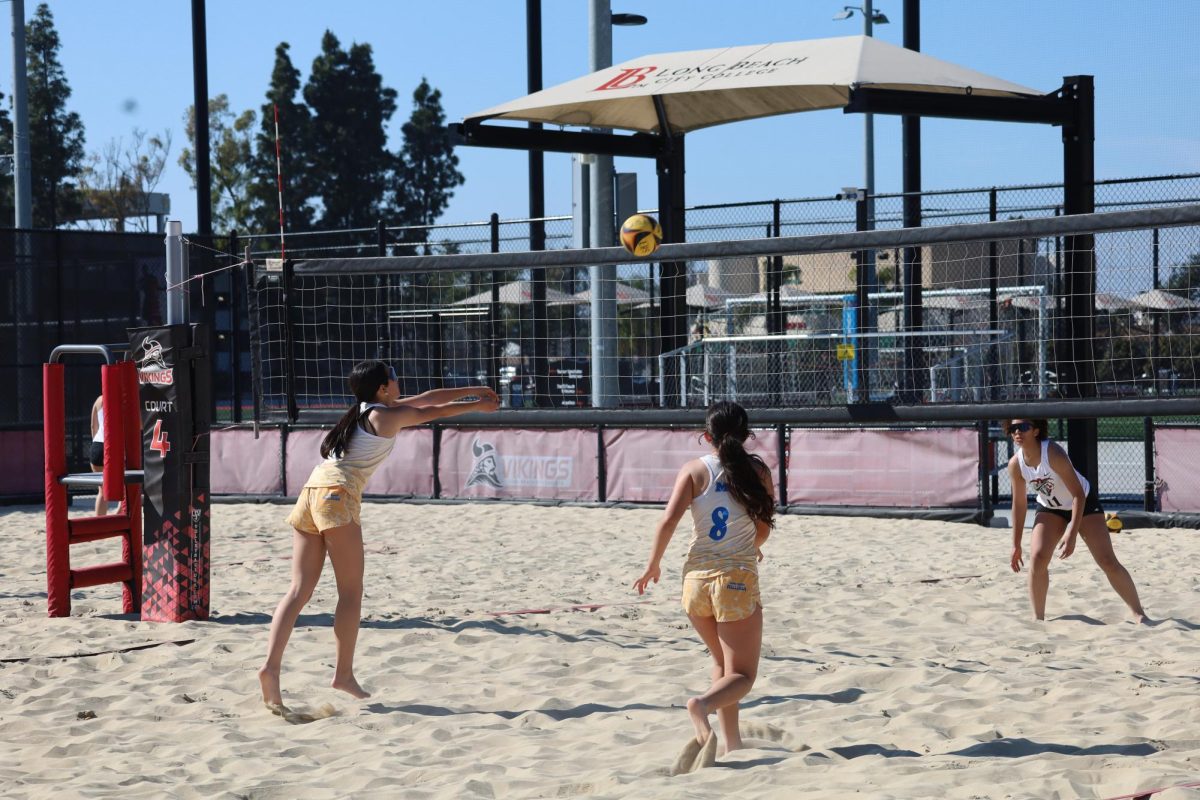
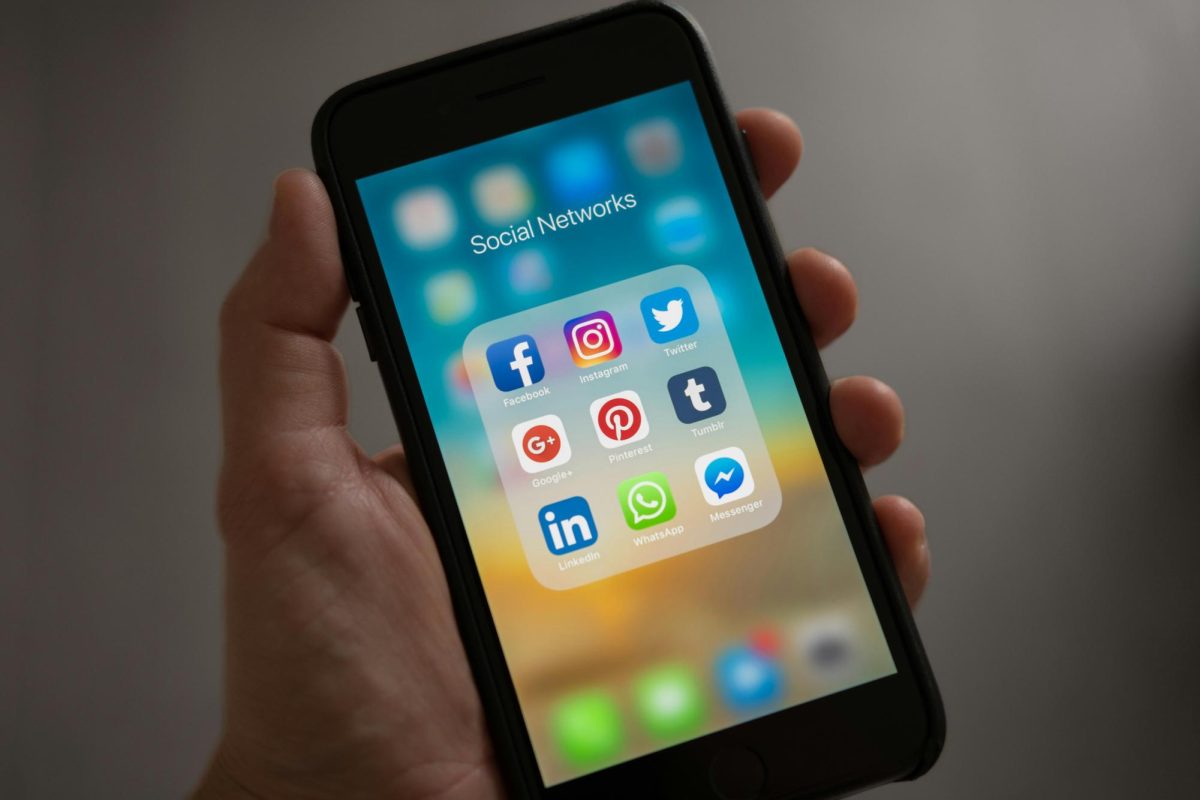




Zach Copeland • Apr 21, 2025 at 1:45 pm
While this article can be seen as a simple recount of events surrounding a fake essay from Coca-Cola’s CEO James Quincey, it also provides valuable insight into our habits of consumption and creation of media online. Following this fake essay, many people believed that Coca-Cola had helped ICE deport their own workers in a Texas location. This information, shared on Tik Tok, led to massive boycotts against the company as products were taken off the shelves. Despite this, the story was made up and fake. This incident does not only recount a fake story about Coca-Cola. It suggests that we must be more careful with what we consume online. As we produce more and more content online, it is only becoming more important to wait before making judgements. This article brilliantly highlights this systematic issue in our consumption of social media.
Noah T Martinez • Apr 21, 2025 at 12:53 pm
Dear Corydon Editor,
On April 4 2025, Jade Chuong wrote an article titled “Rumoring: Coca Cola’s Cancelation”. After reading this article i am happy to know that people are finally taking in the lesson of false allegations from the media and the harm it can have on someone or something such as Coca Cola. My concern is the damage that has been left on the Coca Cola company and if the people will make up for what they did or will they give a plain sorry and move on? Correction i would like to point out is in sentence 6 when the period was placed before the quotation marks for the spokesperson saying “We can confirm that the accusations against the Coca-Cola Company are false.” My suggestion is to do a further reflection in the end about the aftermath of the situation and explain the potential harmful effects the Coca Cola company had received. My biggest question now is if we are going to make the same mistake in the future or how many times we’ve made and “concluded” an allegation without doing our homework?
Sincerely,
Noah Martinez
Alex Sok • Apr 21, 2025 at 12:00 pm
April 21, 2025
Dear Corydon Editor,
On April 4th, 2025, Jade Chuong wrote an article titled “Rumormongering: Coca-Cola’s Cancellation”. I enjoyed how the article wasn’t really about the controversy surrounding Coca-Cola and more so a form of criticism of the way the general online public tends to consume information without caring to verify it, and then taking immediate action without discretion or foresight. I am concerned that pepole may be confused by the hook as comapnies tend to be engaged in a plethora of scandals and may be unsure of what’s being talked about, but that is ultimately just a nonsensical worry and likely to reach its target audience. Something that I may suggest and could help improve the argument of the article is to potentially include another brief instance of information related to a controversy–soda-based or not–not being properly fact-checked and turning out to be fabricated and untrue. One of my inital thoughts after completing the article was to also do some self-reflection, and think about how I am also privy to not completely verifying the information I consume and potentially understanding something on false pretenses. I question if we will get more information on the Coca-Cola situation is. And, what are good ways to verify information we find online?
Sincerely,
Alex Sok
Alex Paredes • Apr 21, 2025 at 11:52 am
This article does a great job in giving background information and acknowledging different perspectives on the claims of people being laid off due to kahoots of ice and the Coca Cola company. Many people on TikTok were appalled by this news and started a boycott against Coca Cola which was great for Pepsi but overall bad for Coca Cola’s profit and company image itself. I would like it if you explained more in depth what Coca Cola’s company did in response to these “false claims”. Do we know If the boycott is still on? Or has everyone moved on and back to buying and drinking it. I like how the writer states the fact that the news came from TikTok which is an unreliable source so she did her own research. This truly sets the writer apart from others in the aspect of not believing everything they see online. Overall this article was very well written and gives lots of great information on the cause. I really enjoyed reading it.
Kenneth Robinson • Apr 21, 2025 at 11:38 am
March 6, 2025
Dear Corydon Editor,
On April 2nd 2025, Staff Reporter Jade Chuong E. wrote the article: “Rumorongering: Coca-Cola’s Cancellation”. The article itself does an amazing job of explaining how misinformation can rapidly spread on the internet and reminds us of the great importance of media literacy.
The article’s discussion on the fabricated Coca-Cola deportation rumor illustrates how easily false information, especially when popular platforms like TikTok, can lead to mass confusion and misjudgment. I appreciate how the writer admitted how quickly they accepted the story without verifying it, this confession adds strength to the overall message of the article.
However, as some criticism, clarifying the timeline and correcting the spelling of “cahoots” (which was misspelled as kahoots) would help a lot.
Still, my main question is: How can schools better teach students to tell fact from fiction in a social media-driven world? This incident should serve as a wake-up call to grow more critical thinking skills in the face of viral online content. Overall, this article is an insightful contribution to an ongoing and necessary conversation to how quickly misinformation spreads and how easily gullible those who believe it are.
Sincerely,
Kenneth Robinson